Last week was an overwhelming news blizzard, with the impeachment hearings, a debate among Democratic presidential candidates, and the indictment of Prime Minister Benjamin Netanyahu of Israel. Amid the noise, it was easy to miss a key segment from the debate: former Vice President Joe Biden’s extraordinary comments on Saudi Arabia.
Biden said the United States should make Saudi Arabia “pay a price” for the murder of Jamal Khashoggi in the Saudi consulate in Istanbul just over a year ago. The kingdom would be treated as a “pariah” if Biden wins the presidency. He promised an end to arms sales to the Saudis and singled out the Saudi war in Yemen as a humanitarian catastrophe where the Saudis are “murdering children.” He said that there was “very little social redeeming value in the present Saudi leadership.” That was a clear message about Crown Prince Mohammed Bin Salman. None of the other candidates in the debate quarreled with the vice president or came to the defense of the Saudis.
Biden’s remarks are an important statement about the state of the American relationship with the kingdom. Our close partnership with Saudi Arabia dates to 1943, when President Franklin D. Roosevelt hosted two future Saudi kings, Princes Faysal and Khaled, to the White House to inaugurate the oldest relationship the United States has in the Middle East. Every president since has reaffirmed its importance. Even after the Saudi embargo of oil sales to the U.S. in 1973, President Richard Nixon traveled to the kingdom to praise King Faysal and the relationship.
President Barack Obama visited Saudi Arabia four times as president, despite some chill in the relationship after the Arab Spring. Obama’s administration sold more arms to Saudi Arabia, well over $100 billion, than any of his predecessors. And the Obama-Biden administration supported the Saudi war in Yemen with diplomatic backing and military assistance. The support came despite the lack of a Saudi strategy to achieve an endgame that would stabilize the country. Instead Yemen is a quagmire for the Saudis, costing significantly more than $25 billion a year.
Biden’s comments follow Speaker of the House Nancy Pelosi’s extraordinary trip to Jordan after the Iranian attack on Saudi Arabia’s critical oil facilities at Abqaiq in September. She said the United States has no commitment to the defense of the kingdom. She promised to vote against arms sales to the Saudis. She condemned harshly the brutal murder of Khashoggi and the dismemberment of his corpse.
For two very senior Democrats to publicly condemn the Saudi leadership at a time when the kingdom is under attack by Iran is unprecedented. The criticism is coming from the moderate center of the party. More left-of-center Democrats like Congresswoman Ihlan Omar are also critics: She has said the relationship is “immoral,” “absurd,” and like asking a “thief to guard your store.” Senators Elizabeth Warren and Bernie Sanders have called for cutting arms deliveries to Saudi Arabia.
The vehement and unprecedented despairing remarks about our oldest partner in the Middle East suggests an existential crisis in the relationship may be only around a year away if the Democrats win the White House. The relationship has had ups and downs over the decades, including the strains of the oil embargo and the role of Saudi citizens in the 9/11 attacks. But those strains involved policy issues; this time, the root cause is a personality — namely the crown prince. His dangerous and erratic behavior are the issue.
The Trump administration has stood by its man, ignoring the murder of a Washington Post columnist and sending American combat troops back into the kingdom after they had been absent for 15 years. But it has been reluctant to use force against Iran. The president pointedly said the Abqaiq attack was on Saudi Arabia not committed by the United States.
After the shock of the Abqaiq attack, which vividly exposed the vulnerability of the Saudi oil infrastructure, the Saudis are trying to improve their tarnished image. Royal Saudi Air Force air strikes in Yemen have diminished by 80% this month. Talks are underway with the Houthi rebels arranged by Jordan, Oman, and the United Kingdom. The United Nations hopes a political settlement of the war can be achieved next year. The boycott of Qatar has been eased. The changes are easily reversible however.
The future of the Saudi American relationship is in more doubt today than ever. It has lost bipartisan support. Next November, it may be on life support.
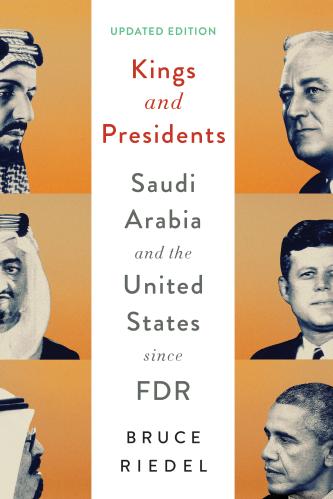
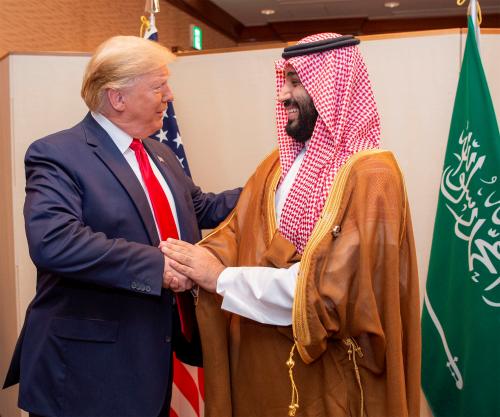
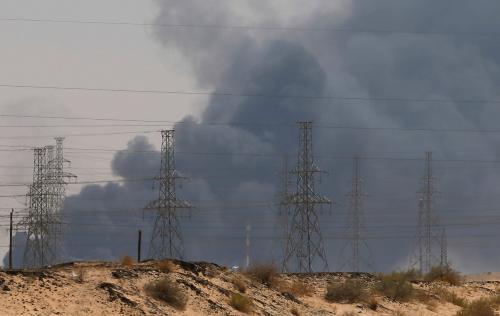

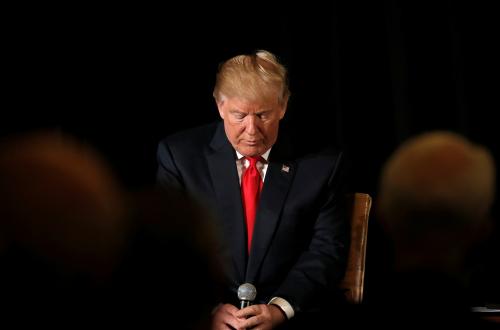
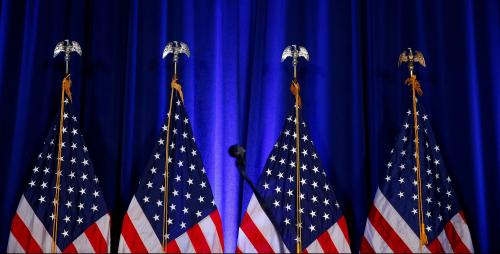
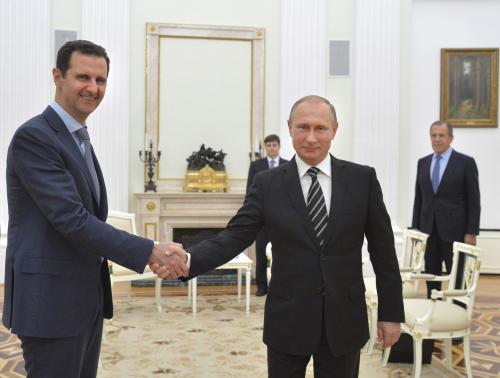
Commentary
Would a Democratic president mean the end of the US special relationship with Saudi Arabia?
November 25, 2019